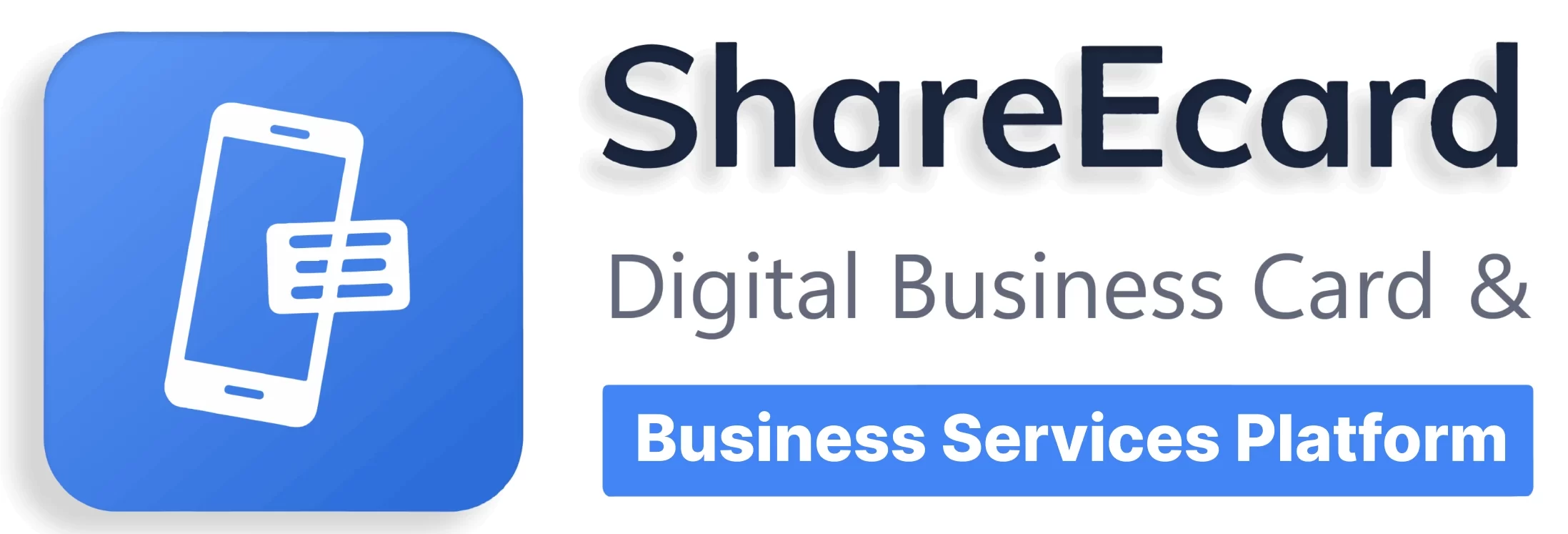Are Digital Signatures Valid in the U.S. (2025)? | PDF Legality Explained
📄 Going Paperless? You’re Not Alone
In 2025, more Americans than ever are skipping the printer and closing deals with a click. From HR onboarding packets to six-figure real estate contracts, digital signatures on PDFs have become standard. But are digital signatures legally valid in the U.S.? And more importantly- will your PDF hold up in court?
Let’s break down the laws, risks, and best practices behind signing PDFs in the digital era.
✅ Yes- Digital Signatures Are 100% Legal in the U.S.
Under U.S. federal law, digital signatures are legally valid and enforceable, thanks to the Electronic Signatures in Global and National Commerce Act (E-Sign Act) of 2000. This act ensures that:
- Electronic signatures carry the same weight as handwritten ones
- No contract can be denied legal effect solely because it is in electronic form
- Consent and proper record-keeping are essential
In short: if you sign a PDF contract using an approved digital signature tool and all parties consent to e-signing, it’s just as legal as signing with a pen.
🛡️ What Is the E-Sign Act?
The E-Sign Act is a federal law that validates electronic records and signatures. Key requirements for enforceability under the E-Sign Act:
- Intent to sign – Just like with ink, there must be a clear intent
- Consent to do business electronically – All parties must agree to conduct transactions digitally
- Record retention – A signed copy must be stored and accessible for future reference
Fun fact: The E-Sign Act was signed into law by President Bill Clinton using both ink and a digital smart card!
🖋️ What Counts as a Valid Digital Signature?
A valid digital signature on a PDF in the U.S. can include:
- Typing your name and checking an “I agree” box
- Drawing your signature with a mouse or stylus
- Using digital signature tools like DocuSign, Adobe Sign, HelloSign, PandaDoc, or PDFfiller
You can also sign documents quickly and securely using FacePDF.com – a user-friendly platform that lets you upload, sign, and share PDFs without downloading any software. It’s a great option for professionals, freelancers, or small businesses who need a free and fast way to add legally recognized digital signatures.
These platforms often offer certificate-based authentication (with encryption), making them even more secure than physical signatures.
💼 Where Are Digital Signatures Commonly Used?
U.S. businesses and professionals use digital PDF signatures in:
- Employment contracts and offer letters
- Real estate transactions and rental agreements
- Freelance invoices and SOWs (Statements of Work)
- NDAs, partnership agreements, and legal documents
- Client onboarding and consent forms
Digital signatures also play a key role in healthcare, finance, and education- where speed, security, and compliance matter most.

⚠️ Legal Tips: What to Watch Out For
While digital signatures are legal, your document still needs to meet certain standards:
- Always get explicit consent to e-sign
- Use a trusted e-signature platform for audit trails
- Save a timestamped copy of the signed PDF
- For complex agreements, consult a legal advisor to ensure compliance with state-level laws
🔄 Quick Comparison: Digital vs. Wet Signatures
| Feature | Digital Signature | Wet (Ink) Signature |
| Legally Binding (U.S.) | ✅ Yes (E-Sign Act) | ✅ Yes |
| Tamper-Resistant | ✅ Highly secure (with audit trails) | ❌ Easily forged |
| Time-Saving | ✅ Instant | ❌ Slower, requires scanning/mail |
| Environmentally Friendly | ✅ Paperless | ❌ Requires printing |
🔗 Final Word: Sign with Confidence
So, are digital signatures valid in the U.S.?
Absolutely. Backed by federal law and increasingly adopted by both government agencies and private businesses, digital signatures on PDFs are here to stay.
Whether you’re closing deals, hiring talent, or protecting your brand with contracts- you can legally and securely sign documents right from your screen.
Frequently Asked Questions (FAQ)
1. Are digital signatures legally binding in the U.S. in 2025?
Yes. Under the E-Sign Act of 2000, digital signatures are legally binding in the U.S. when all parties consent to e-sign and proper record-keeping is maintained. Digital signatures on PDFs carry the same legal effect as handwritten ones.
2. What makes a digital signature valid under U.S. law?
To be legally valid, a digital signature must meet these criteria:
- Clear intent to sign
- Consent to do business electronically
- Retention of a signed copy for future reference
Tools like DocuSign, Adobe Sign, FacePDF, and others offer compliance features that meet federal standards.
3. Is a typed name considered a legal digital signature?
Yes, in many cases. Typing your name and selecting an acknowledgment box (like “I agree”) can qualify as a legal e-signature, especially if captured through a compliant e-signature tool with a timestamp and audit trail.
4. Can I use digital signatures for legal contracts and agreements?
Absolutely. Digital signatures are widely used for:
- Employment agreements
- NDAs
- Real estate transactions
- Client contracts
- Freelance invoices and more
They are legally valid in all 50 states, provided they meet E-Sign Act requirements.
5. What’s the difference between an electronic signature and a digital signature?
- Electronic signature: A broad term for any symbol or process showing intent to sign electronically (e.g., typed name, checkbox).
- Digital signature: A type of electronic signature secured with encryption and a digital certificate, offering extra verification and tamper-proofing.
6. Are digital signatures accepted in U.S. courts?
Yes. Courts accept digital signatures as long as they meet the criteria set by the E-Sign Act and relevant state laws. Documents should be signed using trusted platforms and stored with an audit trail and timestamp.
7. What platforms can I use to sign PDFs digitally?
Trusted e-signature platforms include:
- DocuSign
- Adobe Acrobat Sign
- FacePDF – A fast, secure, and user-friendly tool for uploading and signing PDFs without any software download.
8. Do digital signatures expire or need to be renewed?
Some digital signatures that use certificate-based authentication (e.g., DocuSign’s advanced features) may have expiration dates tied to the certificate. Basic e-signatures (typed names or drawn signatures) do not expire.
9. Can I sign a PDF from my phone or tablet?
Yes. Most modern e-signature platforms are mobile-friendly. You can legally sign PDFs using your phone, tablet, or any internet-connected device with ease and security.
10. Is it safe to use digital signatures for sensitive documents?
Yes—when using a trusted e-signature platform with:
- Encryption
- Two-factor authentication
- Audit trails
- Secure cloud storage
Always choose a tool that complies with E-Sign and privacy laws for business or legal use.
📌 Bonus Resources
- DocuSign and E-Sign Act Compliance
- U.S. Small Business Administration – E-Sign Guidance




